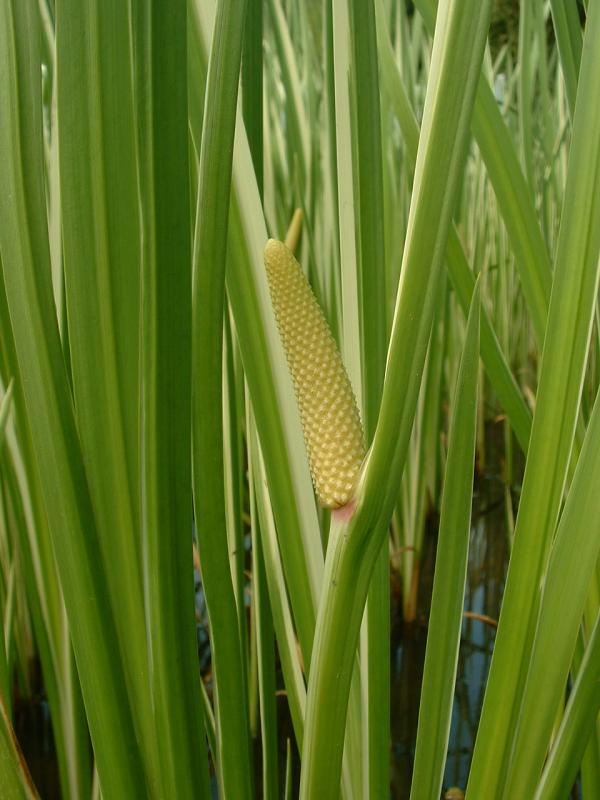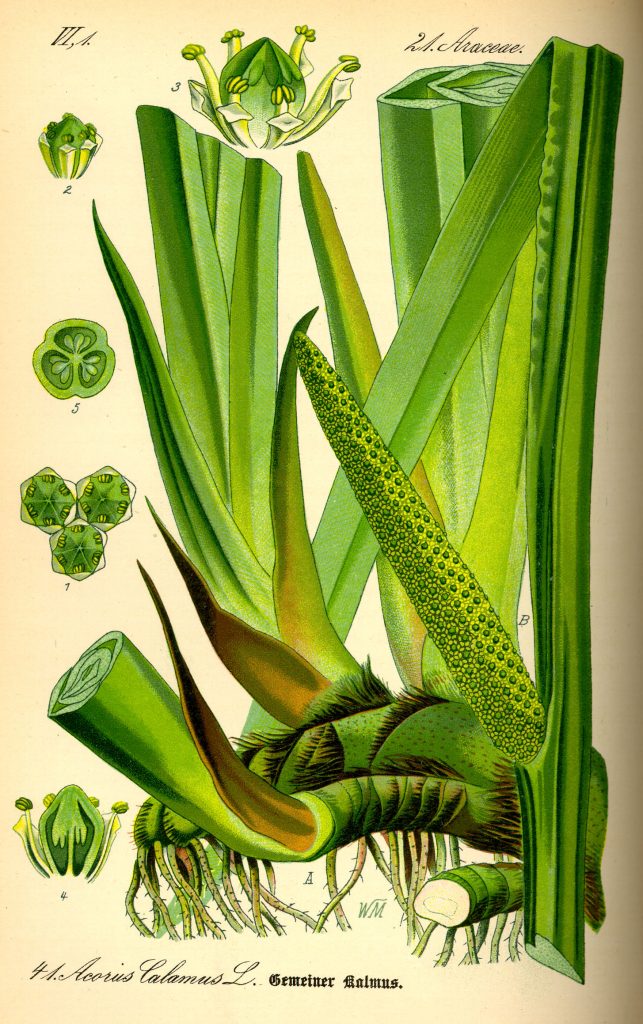Calamos laughs in delight as he catches up with Carpos. Carpos glances back over his shoulder sprinting towards the olive tree. The sun falls in soft rays around Carpos’ golden head, thrust forward now with effort as they run on a patch of green shore where the river lifts into the light from its long, twisting passage through the deep lap of earth. The river is Calamos’ father, Maiandros, and from this watery parent comes his fluid swiftness. He could overtake Carpos in a moment but he doesn’t. He listens to Carpos’ ragged breath and realizes his beloved is faltering. Calamos pretends to trip and falls softly to the grass. Carpos shouts in triumph as he rounds the olive tree in victory and skips back along the bank.
“Well done dear one!” Calamos cries catching Carpos in his arms. Carpos smiles with his white teeth from a handsome face flushed pink. He turns his startling dark eyes upon the tranquil river curving around the bend. “Shall I challenge you next in the water?” Carpos asks. “Let us rest awhile on the bank, but yes! I accept your challenge!” Calamos responds, leading Carpos to the shade of an elm.
Carpos quickly falls asleep under the cool branches while Calamos watches the faint outline of the full moon lift through the afternoon sky. The moon, Selene, her powers diminished in the daytime, gazes on the sleeping youth. “Is not Endymion enough for her?” Calamos thinks, but he understands. Carpos is beautiful without limit. Cyanee and Samia wade from the river to sit, dripping and shimmering beside their brother. Their eyes also rest on Carpos.
It has been like this for as long as Calamos can remember for he and Carpos have played on these shores since they were children. His sisters, shy water nymphs, only appear when Carpos sleeps. Once, when they were very young, Samia swam alongside Carpos in the river and seeing her hair swirling around him, he panicked and cried out. Now, she hides from him, certain that he finds her ugly.
Carpos stirs restlessly and Cyanee and Samia raise and disappear into the river. Calamos smiles as Carpos lifts a hand lazily to run his fingers through Calamos’ long, dark hair. Filled suddenly with energy, Carpos jumps to his feet and runs to the bank diving gracefully into the calm, slow water. “Race me to the island!” he cries and Calamos plunges in. The water splits around his tall, angular frame and he feels the bubbles of his father’s laughter. Carpos’ graceful shoulders lift in a steady rhythm ahead. Suddenly, from nowhere, the wind whips into a frenzy and waves leap upon the surface of the water. He sees Carpos falter as a blast catches him square in the face and then the waves block his view. He treads water, looking over the rugged surface of the river to the place where he last saw Carpos.
“Cyanee! Samia! Help me. I can’t see Carpos!” he cries into the wind. Cyanee surfaces close by, looks frantically around and dives under. He sees her and Samia dart ahead moving easily through the opposing current. He swims to the island and runs to a rocky outcropping where he can look across the rivers surface. He sees Cyanee and Samia surface, and speak for a moment to one another. Samia dives under again while Cyanee swims towards him slowly.
He sees the truth in her deep green eyes full of river and tears. Walking from the water, she wraps her arms around him as they both sink to the grass at the shore. Samia’s head bobs on the surface and the wind dies away as suddenly as it began. She drags the body of Carpos towards the shore, holding him lovingly in the waters off the bank.
Calamos sobbing, stagers from Cyanee’s arms and with his knife cuts his long, dark tresses so that they float with the current around Samia and Carpos. “Maiandros. Father. Accept this hair and then my body for I will not live without Carpos. We had one life on earth and we will have one watery death. Sisters, build one empty barrow for us both and cut one lock of hair for your brother and all the rest for Carpos.” With these words, Calamos leapt into the river swallowing the waters of his unwilling father. Samia lets go of Carpos who slowly sinks into the depths with Calamos.
The nymphs cling to each other crying softly. Never was there a brother so loving and noble, and never was there a youth so beautiful. Selene, still watching from the afternoon sky, lets fall the rain in sorrow. With her powers, she turns Calamos into the reeds lining the shore that he might always stand sentinel on his beloved’s grave and rustle his whispered grief in the breeze.

About the Calamos Reed
The myth of Calamos and Carpos (also Kalamos and Karpos) is the origin of the botanical name Acorus calamusand the Greek word for reed. This reed-like wetland perennial grows on the edges of ponds, lakes, and rivers. It has long been associated with the moon as a symbol of devoted love, and as a symbol of grief and remembrance.
The Greek poet Nonnus of Panopolis (birth and death unknown but sometime between 400-500 BCE) captures this myth in the Dionysiaca, an epic tale about the god Dionysus. Eros tells the story of Calamos and Carpos in Book 11, in an effort to sooth Dionysus, who is grieving the death of Ampelus. In the original myth, it is unclear who turns Calamos into a reed. It might be the god of the river, Maiandros, or it might be Selene, the goddess of the moon. Readers of the original myth will see that I’ve taken a bit of license to imagine the scene and that I clearly give the power of transformation to the moon.
The leaves of Acorus calamusare long, shaped like a sword, bright yellow-green, and fragrant. A horizontal stem runs across the ground with many small rhizomes coming off the stem to anchor the plant to the soil below. The plant’s common names include sweet flag, myrtle flag, and many others. Distilled from the root, calamus essential oil smells spicy, warm, and sweet. Perfumers use it to lend a sweet leather or creamy-nutty accent to fragrances. Calamus roots, though long used medicinally in Europe and India, have hallucinogenic properties. They are toxic and possibly carcinogenic when used incorrectly.

In Ayurveda, the traditional medical system of India, calamus is called vacha, which means, “to speak.” People chew the dried root to restore a lost voice and symbolically the plant means “to speak from the heart” and “to speak the truth.” It is considered a powerful stimulate for the mind and often applied in massage to connect the mind, heart, and body, to release mental trauma and fear, and to move beyond stuck mental and physical states to greater freedom and connection.
In some magical traditions, beads are made from the seeds or the cut root and worn as a protective, healing, or luck-enhancing bracelet.
Calamus root essential oil should not be used without advanced training in aromatherapy, and then only externally with caution. If you’d like to connect with calamus and it’s symbols purchase some of the dried root and add two tablespoons in a sachet to a bath of warm water. Soak and think about the people you love. Contemplate all the ways that love brings goodness to your life. Send your love out to your friends and family by imagining a beam of pink or white light emanating from your heart center to theirs – wherever they are. Let love, and water, and the moon, and calamus remind you that everything beautiful is both fleeting and everlasting.

